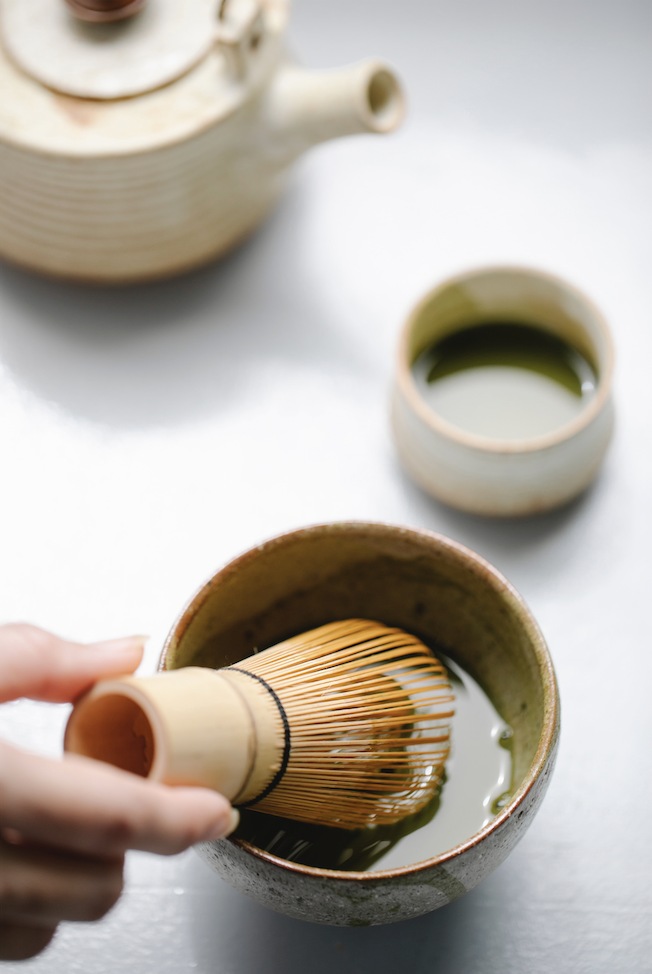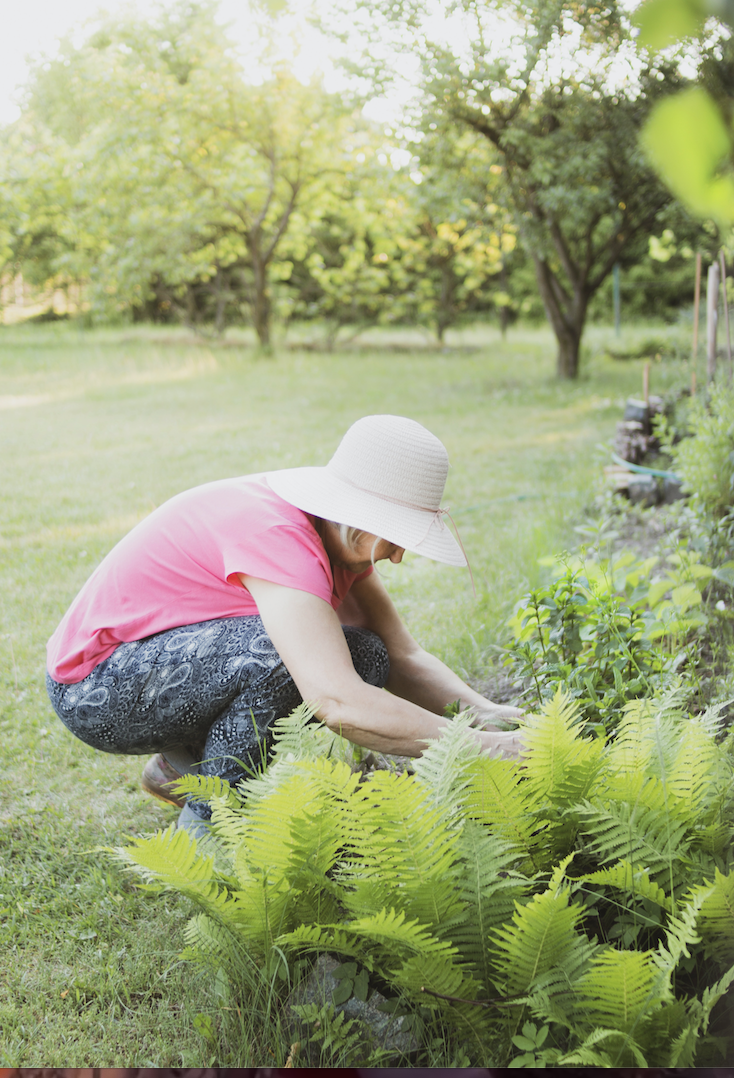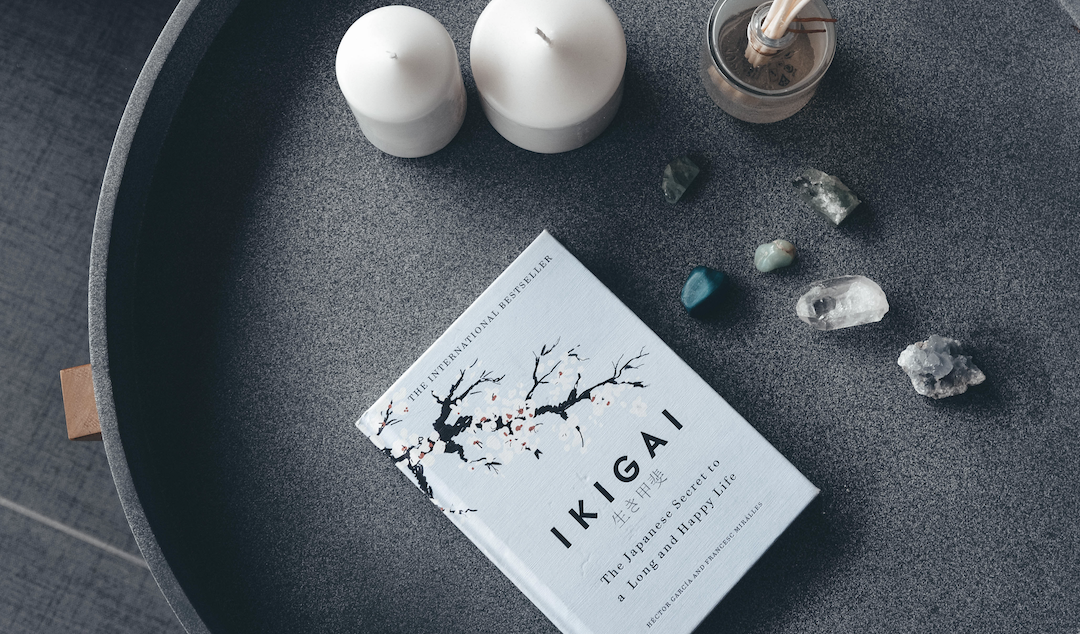
On Japan’s Okinawa Island, nicknamed the “island” of longevity”, the elderly are aging gracefully. They live well into their 90s, and more than ten in the village of Ogimi who are 100 years old or older are happily spending their retirement age – enjoying food, walking around the village, keeping bustling social lives. What can we learn from the Okinawans? What are they doing right?
According to Craig Wilcox, a professor of public health and gerontology at Okinawa International University, and a co-principal researcher of the Okinawa Centenarian Study who has been studying Okinawan elderly for more than 20 years, this comes down to three main factors – diet, social practice and genetics.
“About two-thirds of longevity is related to diet and way of life, the rest is genetics. Generally speaking, you need the genetic rocket booster if you want to get into the hundreds, not just a good diet,” Dr. Bradley Willcox says in an article by National Geographic. “We haven’t looked into whether or not Okinawa has a genetic advantage over other parts of Japan, but longevity does run in families here.”
Even if we don’t live in Okinawa, we can learn a lot from them. Here are the reasons why Okinawans live long and healthy lives, according to Dr. Willcox.

- Food as medicine
There’s an Okinawan turn of phrase, nuchi gushu, which translates to “let food be your medicine.” In a typical Okinawan meal, you’ll find at least five servings of fruits and vegetables, and more heart-healthy fish than meat.
Okinawans love to eat sweet potatoes (more than rice), bitter melon, carotenoid-rich marine foods like seaweeds, green leafy vegetables, and fresh fruits, known as antioxidant, inflammation-reducing, and anti-aging foods. These are the kinds of food that prevent cancer and cardiovascular diseases too.
- Practice of hara hachi bu.
The Okinawas have unlocked the secret to stop overeating. It’s simple, hara hachi bu, stop eating when you’re 80% full. This Confucian-inspired adage results in mindful eating and calorie restriction that comes naturally for the Okinawans.
You can start practicing hara hachi by doing any of the following:
- Eat more slowly.
- Focus on food, do not multitask (such as watching TV or scrolling on your phone while eating)
- Use smaller vessels.
- Find your ikigai.
Okinawans confirm that having a sense of purpose keeps them happy and healthy. They call this unique sense of purpose or ikigai. The core of one’s true nature is centered either on a lofty, material, or power-driven goal. According to the authors of Ikigai: The Japanese Secret to a Long and Happy Life, ikigai is one’s reason for waking up everyday, the person’s purpose and passion. Ikigai can be anything, from a lofty goal of helping people in a charity organization, to taking care of loved ones. One guy was 102 years old and his ikigai was two prize bulls – he went to see them every day to take care of them.

- Staying active and mentally engaged.
Until recently, Okinawans didn’t know what retirement was. They didn’t even have a direct word for it. For them, they just did what they always did. So if you’re a fisherman, you still fish. If you’re a farmer, you still farm. The idea is to stay engaged, that if you love to do something, you never stop doing it. Further, Okinawans stay active, and are active walkers and gardeners.
- Drink green tea.
The Okinawan elderly are said to be avid drinkers of green tea or matcha. Matcha is rich in antioxidants that boost the immune system and prevent cancer. It also helps with anti-aging, digestion, energy levels, and regulating blood pressure. It is said that the Japanese elderly drink more than 4 cups of green tea a day.
- Join a moai or a social group.
It’s official – having friends can make you happy. We’ve known this all along, yet moai, a Japanese word that means social support or a group of lifelong friends, has a more profound, deeper meaning.
Okinawan’s longevity tradition actually originated from a financial support system in the village. Moais were formed to pool resources for public works. Today, the idea has evolved to mean a social support network, or a cultural tradition for built-in companionship.
The Okinawan elderly make it a point to be a member of moai, lots of them.. “I know one man in Ogimi who is in seven moais,” Willcox says. “And people are loyal to their moai; I met a group of 80-year-old women on an outlying island who had been in a moai together since they were in elementary school. I’m in one, too—our common interest is slow food.”
- Stress less and rethink your relationship with time.
Ever heard of the term “hurry sickness”, an affliction of wanting everything fast and ASAP. Okinawans do not practice this at all. They have a slower sense of time, nothing seems to start on time, but they do get all the stuff done.
Tags
References:
https://www.bbc.com/travel/article/20201126-why-so-many-japanese-live-to-100
https://www.weforum.org/agenda/2021/09/japan-okinawa-secret-to-longevity-good-health/
https://www.trafalgar.com/real-word/lifespans-japanese-secrets-living-longer
https://www.bluezones.com/explorations/okinawa-japan/



0 Comments
Trackbacks/Pingbacks